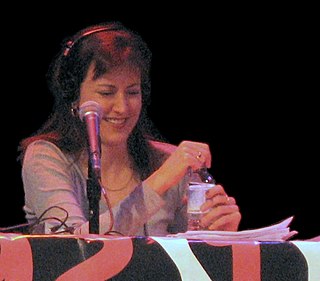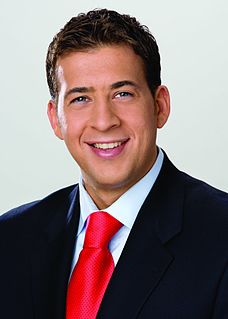A Quote by Ben Bernanke
The decline in home equity makes it more difficult for struggling homeowners to refinance and reduces the financial incentive of stressed borrowers to remain in their homes.
Related Quotes
As homeowners see the value of their homes decline, they become more likely to delay purchases of the big items - like automobiles, electronics and home appliances - that are ballasts of the American economy. When those purchases decline, large manufacturing firms, suddenly short on funds, could begin laying off employees.
Even though some down payments are borrowed, it would take a large, and historically most unusual, fall in home prices to wipe out a significant part of home equity. Many of those who purchased their residence more than a year ago have equity buffers in their homes adequate to withstand any price decline other than a very deep one.
Too many families and homes remain unnecessarily vulnerable to natural disasters like hurricanes. While mitigation will never eliminate the risk to homeowners, it could reduce loss and, in many cases, save a family's home. For every $1 spent on mitigation, $4 in post-storm cleanup and rebuilding is saved.
Based on the overwhelming array of luxury products manufacturers have recently introduced, homeowners want anything that makes their lives more comfortable at home. Whether it involves heating/warming accessories or spa-like home environments, it's part of the 'cocooning' phenomena that has resurfaced. People are spending more time at home and they want to be comfortable. They want to use their home to its full potential, not just as a place to eat and sleep between workdays.
Education makes us the human beings we are. It has major impacts on economic development, on social equity, gender equity. In all kinds of ways, our lives are transformed by education and security. Even if it had not one iota of effect [on] security, it would still remain in my judgment the biggest priority in the world.
A consolidation makes sense only if you can lower your overall interest rate. Many people consolidate by taking out a home equity line loan or home equity line of credit (HELOC), refinancing a mortgage, or taking out a personal loan. They then use this cheaper debt to pay off more expensive debt, most frequently credit card loans, but also auto loans, private student loans, or other debt.

































